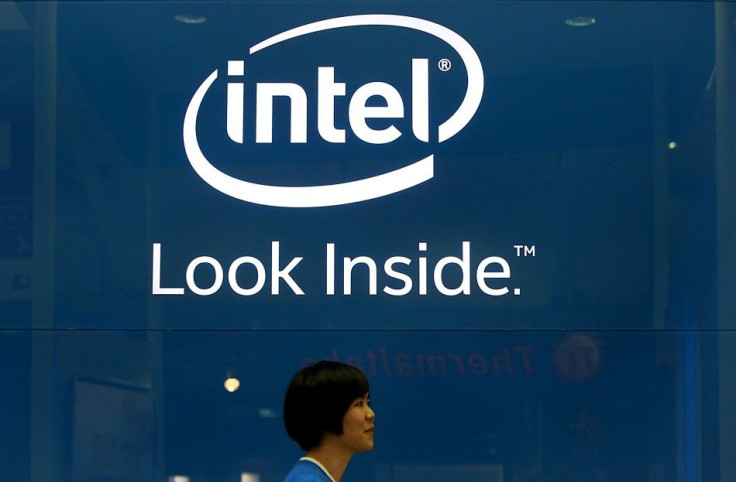Intel’s Compute Stick Available For Pre-Order; Costs $110 With Linux And $150 With Windows 8.1

Intel has launched its "Compute Stick," which will be available in both Linux and Windows 8.1 versions. While the Linux version will be available for $110, the Windows version will be available for $150 at Newegg. Amazon has priced the Linux and Windows version at $130 and $180 respectively, as per latest reports. The Compute Stick can now be pre-ordered.
The Windows 8.1 version of Compute Stick sports 2GB RAM, 32GB SSD storage and a quad-core 1.33GHz Intel Atom processor and the Linux version of Compute Stick comes with USB 2.0, Bluetooth and Wi-Fi, reports eReleaseDate.com. The Linux versions that might come equipped with Ubuntu 14.04, is expected to come with 1GB of RAM and 8GB of storage.
Compute Stick, which can connect to a monitor via HDMI, is ideal for web browsing, streaming media and social networking and can be used by small and midsize businesses that require more portability, reports CIO Today.
Comparing Compute Stick and Chromebit
Both Intel and Google have heated up the competition to turn any device to a PC with the announcement of their respective ‘Computer-on Stick’ products.
The Intel Compute Stick is more expensive than the recently launched Google’s Chromebit, which is expected to be priced under $100. While Google’s Chromebit can pitch for its price, Compute Stick can boast of its functionality, says Bidness Etc.
“Though the form factor of the devices is similar, they appear intended for somewhat different use cases,” the CIO Today report quoted Charles King, principal analyst at Pund-IT, as saying. The technology publication further quoted King saying “Intel seems mainly aimed at traditional PC use cases where ultra-portability is a critical issue.” With regards to Chromebit, King said, “the Chromebit could broaden the market for Chromebook-style features, and Google and ASUS claim that it can also be used for applications like digital signage.”
Compute Stick and Chromebit are emerging as a different form factor but this concept is not new. The Wyse Cloud Connect from Dell was a similar concept but was largely confined among the business users. Chinese companies have also been selling the Android HDMI dongle-computers based on the Rockchip RK3288 processor.





















